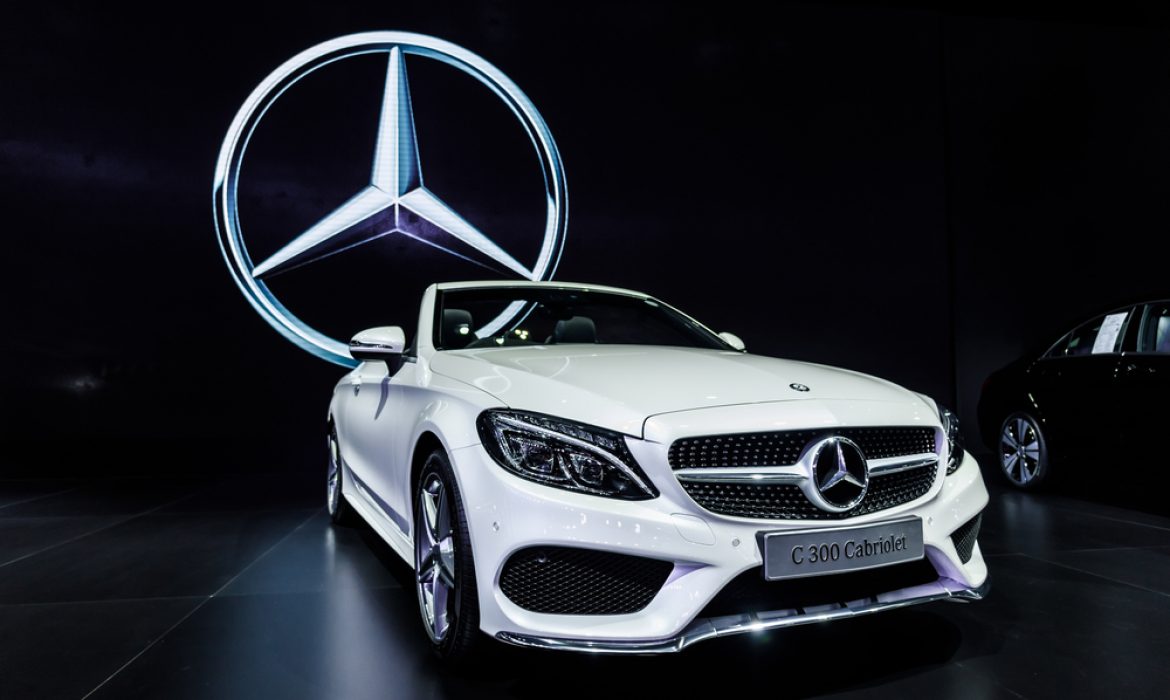Mercedes-Benz has veered away from its ambitious plan to exclusively sell electric cars by 2030. The automotive giant announced this decision on Thursday, signaling a shift in the industry’s perspective on an all-electric future following a notable slowdown in sales growth.
Optimistic Beginnings to Cautious Realities
A mere three years ago, Mercedes expressed immense optimism about plug-in powertrains, boldly declaring its intention to sell only Electric Vehicles (EVs) by the end of this decade. Back then, the company had even contemplated completely abandoning gasoline-powered cars, emphasizing a commitment to cleaner energy sources “where the market will allow it.”
However, the current market landscape seems to have thrown a wrench into Mercedes’ once-rosy projections. In its fourth-quarter earnings report, the company tempered its expectations, now foreseeing that only 50 percent of its sales will be all-electric, a substantial deviation from its initial ambitious goals. Gasoline and hybrid vehicles are set to remain integral to Mercedes’ product lineup for the foreseeable future.
Customer Needs and Market Dynamics
Mercedes-Benz now underscores that the pace of its transformation will be dictated by customer preferences and market conditions. The company aims to cater to diverse customer needs, offering both all-electric powertrains and electrified internal combustion engines throughout the 2030s.
Even in Europe, where EV sales are outpacing North America, Mercedes doesn’t anticipate an imminent shift to exclusively EV sales. Ola Kallenius, CEO of Mercedes, conveyed to Reuters that the transition to 100 percent electric vehicles by 2030, “obviously… from the whole European market, but probably from the Mercedes side as well,” is unlikely.
Industry Caution and Shifting Perspectives
This decision from Mercedes-Benz aligns with a broader trend of caution within the auto industry regarding the future of electric vehicles. Elon Musk, CEO of Tesla, has already issued warnings about a potential slowdown in sales growth for 2024. Other EV-focused companies like Rivian and Lucid have acknowledged that their production will remain stagnant this year. Traditional automakers such as GM and Ford have also adjusted their plans, delaying plant construction and canceling certain models.
While electric vehicle sales saw a significant uptick last year, comprising nearly 8 percent of total sales in the U.S. and 13 percent in Europe, consumers are becoming discerning, particularly concerning pricing and lingering concerns about charging times and reliability.
Hybrids: A Middle Ground Amidst Uncertainty
Interestingly, as the industry navigates this transitional phase, hybrid vehicle sales are experiencing a notable surge. More consumers seem to be recognizing the benefits of hedging their bets with hybrids while charging infrastructure continues to develop.
In conclusion, Mercedes-Benz’s departure from its initial commitment to selling only electric cars by 2030 underscores the dynamic and evolving nature of the automotive landscape, influenced by market forces, consumer preferences, and industry-wide reflections on the future of mobility.
Source https://www.theverge.com/2024/2/22/24080220/mercedes-benz-ev-only-sales-2030-back-off
